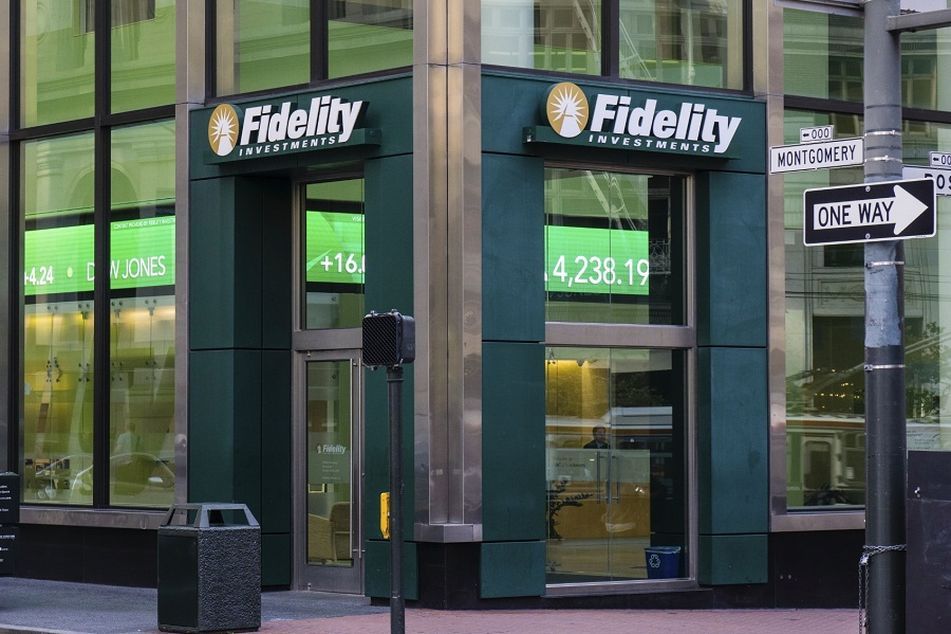Fidelity fields record calls for 401(k) advice as markets tank

As key indexes first started going south earlier this month, almost 4 million people contacted Fidelity on January 4 alone, either online or by phone, to check on their retirement savings.
It’s like rubbernecking after a car accident: The market sinks dramatically, as it has for most of 2016, and virtually everyone with a 401(k) plan suddenly can’t look away from the wreckage.
As key indexes first started going south earlier this month, almost 4 million people contacted Fidelity on January 4 alone, either online or by phone, to check on their retirement savings. “That was an all-time high,” said Jeanne Thompson, vice president of Fidelity Investments, which manages 13 million 401(k) accounts with over $1 trillion under management. The company said it’s too early to discuss web traffic or call volumes from the current week of carnage. The first four business days of this year, which were also painful on Wall Street, are four of Fidelity’s top six days of all-time contact volume.
(More: Retirement readiness improves, but most Americans’ savings still fall short)
T. ROWE PRICE
At T. Rowe Price, which had nearly $300 billion in retirement assets under management as of September, phone volumes over the first week of January were 56% higher than a typical day and web traffic spiked by around 30% over normal. Both Fidelity and T. Rowe Price reported a similar phenomenon when the markets had a dark moment back in August. ”Nervous investors are calling or checking in with the web,” said Judith Ward, a certified financial planner at T. Rowe Price.
But it’s mostly just savers who want to gawk at an unfolding mess, a way to feel like you’re taking action without actually making panicked moves. “In terms of doing a transaction, the majority are doing nothing,” said Ms. Ward. During the August downturn, for instance, 98.5% of T. Rowe Price’s 2 million plan participants didn’t touch their allocations. Fidelity agreed that most investors haven’t modified their plans during period of intense interest.
DO NOTHING
The rule of thumb for 401(k) plans during market volatility is to, in fact, do nothing. As this best practices guide from T. Rowe Price explains, markets have enjoyed a 75-year stretch of increases. People who keep their retirement money invested over the long haul do better than those who try to predict downturns. During the financial crisis, for example, Fidelity found that those who didn’t take money out of their plans saw 88% growth over the next five years. Savers who moved their assets out of equities in 2008 and remained that way for the next five years, a tiny minority of Fidelity clients, saw 15% growth over the period.
“It’s really hard to time the market,” said Chip Castille, BlackRock’s chief retirement strategist. “And when you react to risky events what you’re in effect doing is timing the market, that’s a very hard thing to do for most individuals.”
Learn more about reprints and licensing for this article.








